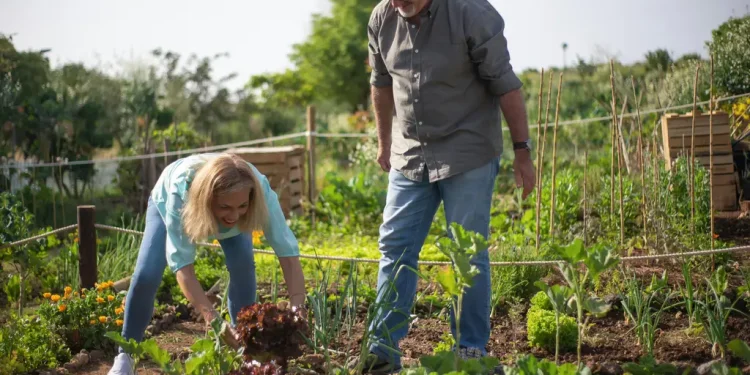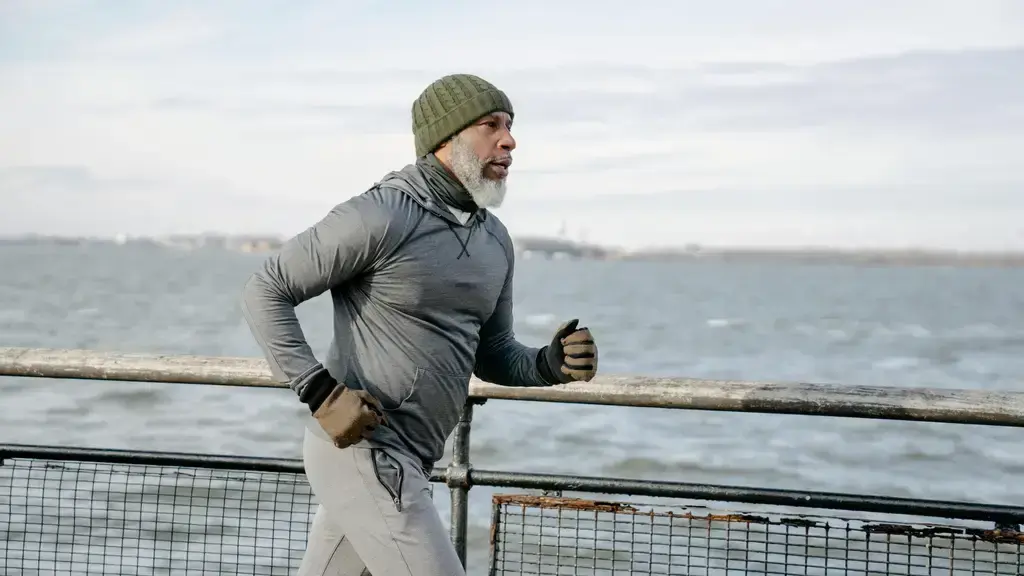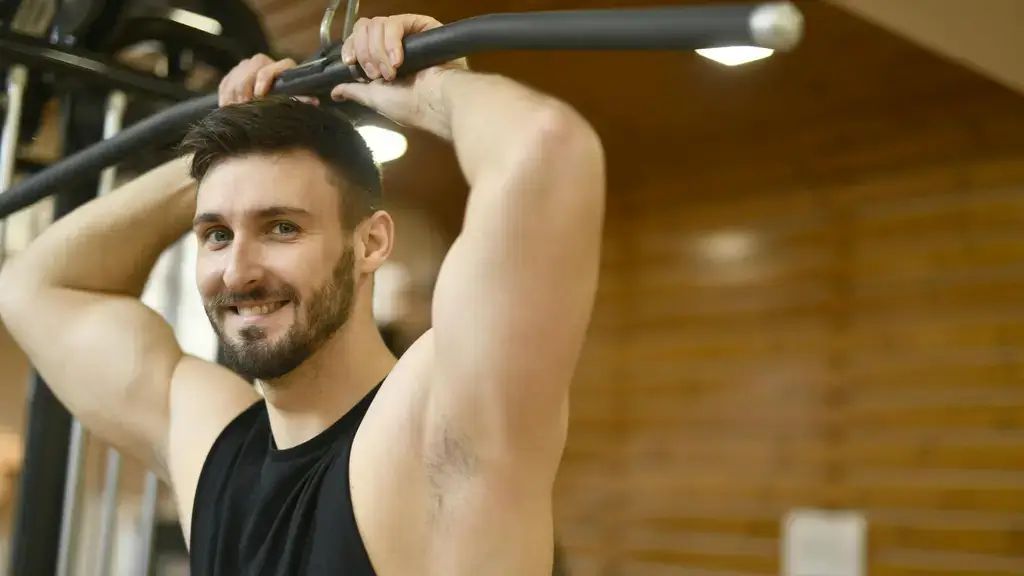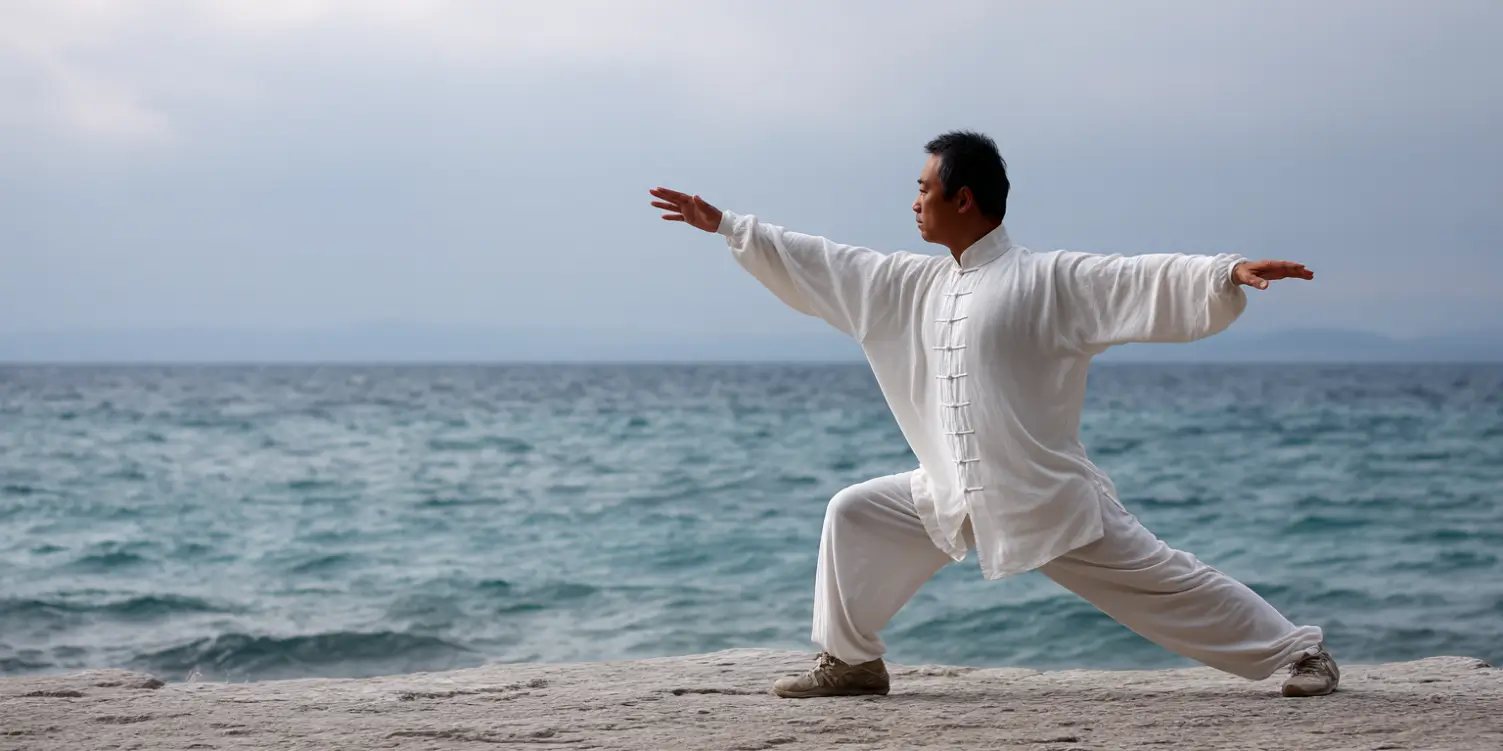Gardening is often seen as a relaxing hobby, but it can also be a form of sport, offering numerous physical, mental, and emotional benefits, especially for seniors. As a low-impact activity, gardening provides a gentle yet effective workout, making it an ideal way for older adults to stay active and engaged. Here’s why gardening can be considered a sport and how it benefits seniors.
Physical Benefits
Cardiovascular Exercise: Gardening tasks such as raking, digging, and planting involve continuous movement that can raise the heart rate, providing a good cardiovascular workout.
Strength Building: Lifting pots, carrying soil, and using gardening tools help build muscle strength, particularly in the arms, shoulders, and back.
Flexibility and Balance: Reaching for plants, bending to weed, and stretching to prune branches improve flexibility and balance, which are crucial for preventing falls.
Endurance: Regular gardening can increase stamina and endurance over time, allowing seniors to engage in physical activities for longer periods without feeling fatigued.
Mental and Emotional Benefits
Stress Reduction: Gardening is known to reduce stress and promote relaxation. The act of nurturing plants and spending time in nature has a calming effect on the mind.
Mental Stimulation: Planning a garden, learning about different plants, and solving problems related to plant care stimulate the brain and keep the mind sharp.
Sense of Accomplishment: Watching a garden grow and thrive provides a sense of accomplishment and purpose, boosting self-esteem and overall happiness.
Social Benefits
Community Engagement: Community gardens offer opportunities for social interaction, allowing seniors to meet new people, share gardening tips, and work towards common goals.
Family Bonding: Gardening can be a family activity, providing a way for seniors to bond with grandchildren and other family members through shared activities and experiences.
Accessibility and Adaptability
Gardening is highly adaptable to individual needs and physical abilities, making it accessible for almost anyone. Here are some tips to make gardening more senior-friendly:
Raised Beds: Using raised beds or vertical gardens can reduce the need to bend and reach, making gardening easier on the back and knees.
Lightweight Tools: Investing in ergonomic, lightweight gardening tools can help reduce strain on the hands and wrists.
Seating Options: Providing comfortable seating, such as garden stools or benches, allows for breaks and reduces fatigue.
Container Gardening: For those with limited space or mobility, container gardening offers a manageable way to grow plants on patios, balconies, or windowsills.
Getting Started
For seniors looking to start gardening as a form of exercise, here are some steps to get started:
- Plan Your Garden: Decide what type of garden you want—vegetable, flower, herb, or a combination. Consider the space, light, and resources you have available.
- Start Small: Begin with a few plants or a small plot to avoid feeling overwhelmed. Gradually expand your garden as you become more comfortable and confident.
- Learn and Experiment: Take advantage of resources such as gardening books, online tutorials, and local gardening clubs. Don’t be afraid to experiment with different plants and techniques.
- Stay Safe: Wear appropriate clothing, including gloves, hats, and sunscreen. Stay hydrated and take regular breaks to avoid overexertion.
- Enjoy the Process: Remember that gardening is as much about the journey as the destination. Enjoy the time spent outdoors, the beauty of your plants, and the joy of seeing your hard work come to fruition.
Gardening offers a unique blend of physical activity, mental stimulation, and emotional satisfaction, making it an excellent sport for seniors. By incorporating gardening into their daily routine, older adults can cultivate not only their gardens but also their health and happiness. So grab your trowel and start planting—your body and mind will thank you!






